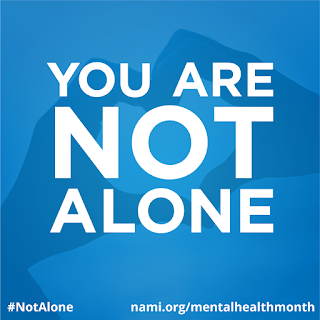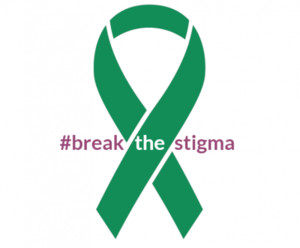Posted on May 13, 2020

May is Mental Health Awareness Month. Nearly 450 Million people worldwide are currently living with some level of mental illness including anxiety, depression and other mental health disorders. Unfortunately, only 1/3 of people with a known mental health issue ever seek treatment.
This May in particular, it is important to recognize the importance of mental wellness. Coronavirus has significantly altered everyday living. Most people are dealing with increased stress, anxiety and isolation. Social distancing eliminated much needed human contact. Plus add to that, the stress of layoffs, furloughs, lost income, or closed businesses, and for some parents balancing the new job of homeschooling kids while simultaneously getting used to working remotely.
This environment is exacerbating existing mental health issues and causing varying degrees of new mental health issues. There are some critical routines that can help during this time of social distancing and isolation:
Get Dressed: Shower, eat what you normally would, make the bed, etc. You can dress down, but don’t stay in pajamas.
Have a Routine: Structure each day. If you’re telecommuting, stick with your usual worktimes. If you’re not working, create a schedule and write it down. It’s ideal to have a mix of things you need to do and things you just like to do. This approach is an evidence-based treatment for depression called “behavioral activation” that will also help prevent depression.
Get Outside: Fresh air and sunlight does wonders. Schedule daily walks. Exercise, sunlight and being around trees all benefit mood. If you’re stuck inside, try an online workout. Exercise has a positive effect on mood.
Schedule Time for Learning: Use any extra time very intentionally; don’t drift through the weeks. Pick one or two things you’ve wanted to learn. Plan to come out of this quarantine with a new skill or hobby.
Beware of Too Much Social Media: Use social media to meaningfully connect. Plan weekly (or even daily) group video chats with friends, family, neighbors or colleagues. Social connection is one of the most important drivers of well-being. Eliminate any negative social media content.
Be a Helper: Helping others is a known mood-booster. Be aware of who in your circle or neighborhood might be particularly vulnerable during this time and check on them by phone or email.
Back to Blogs Helpful Resource Links
